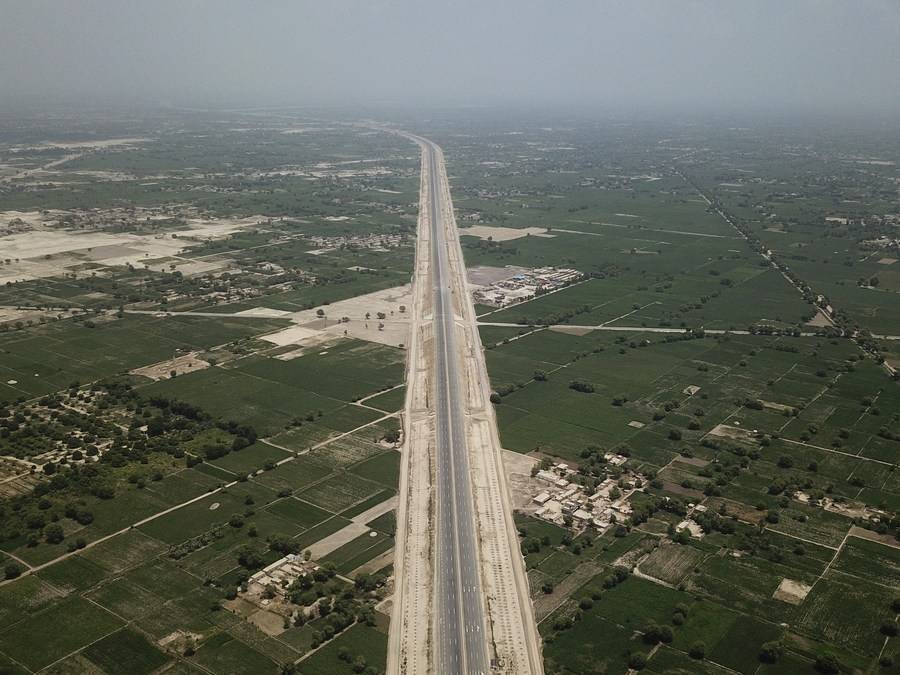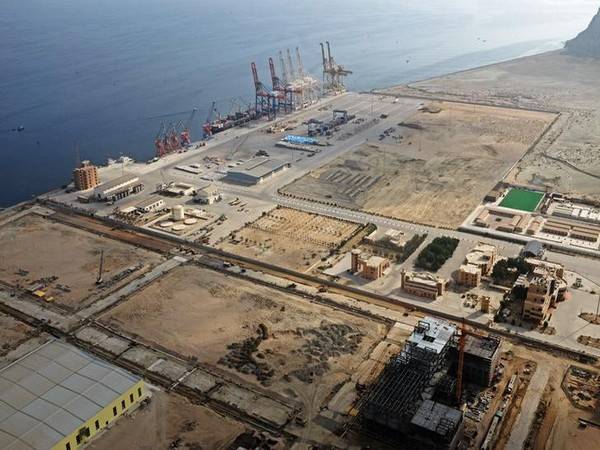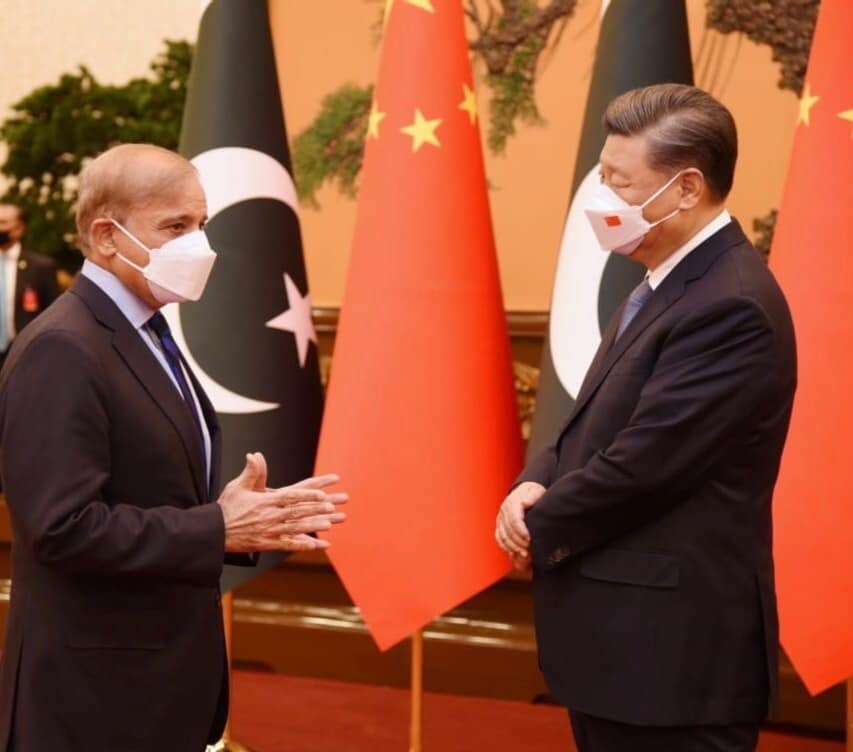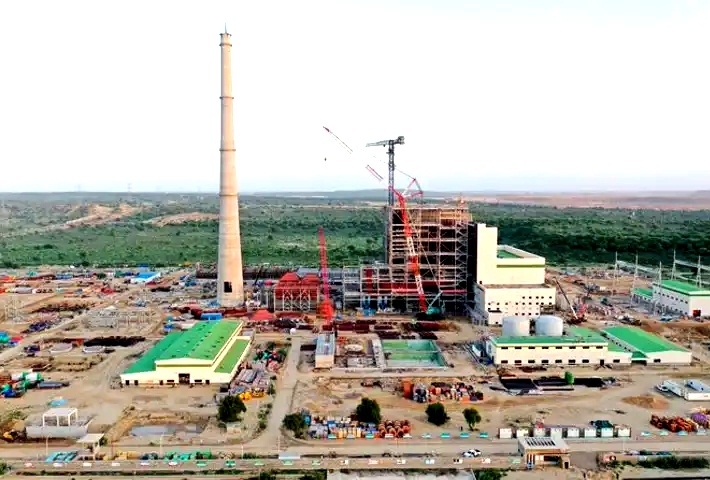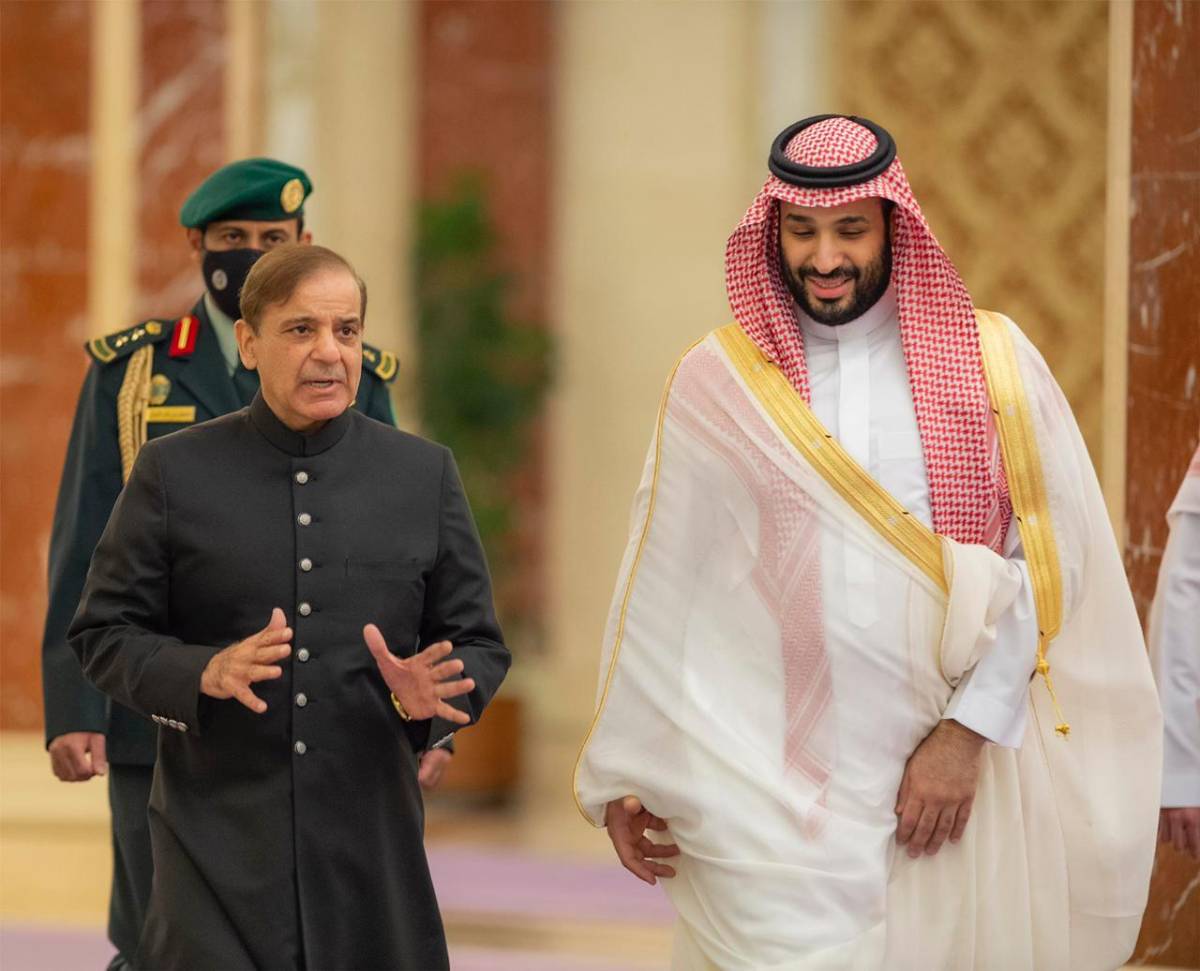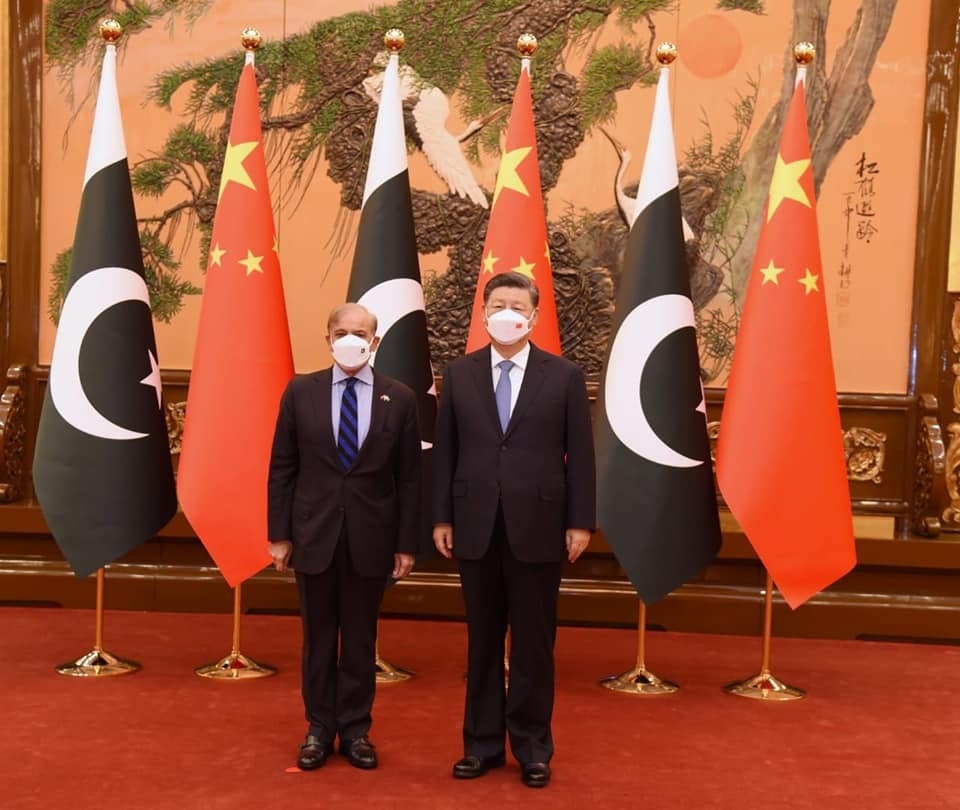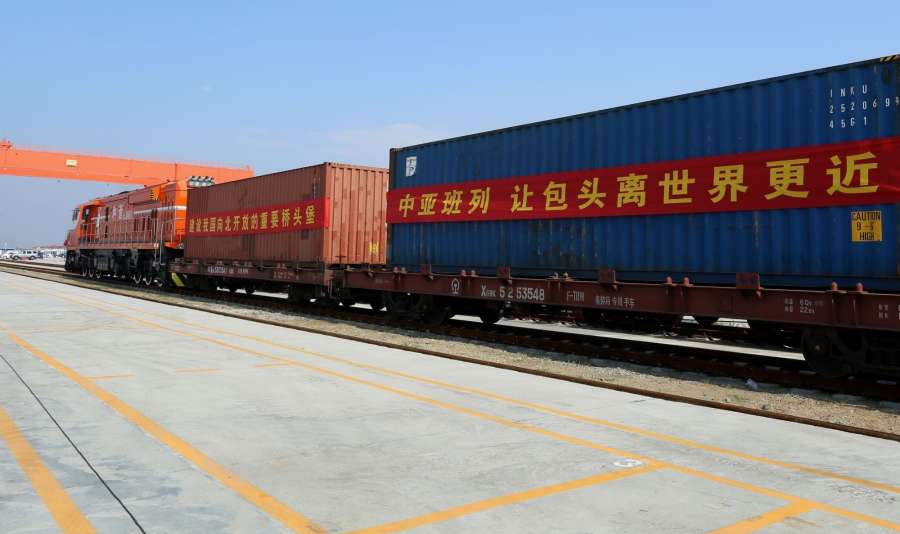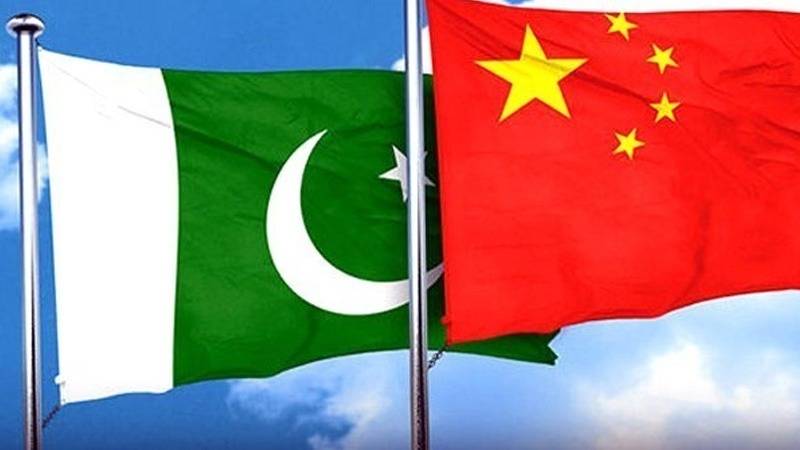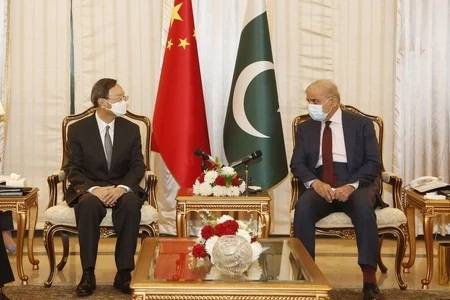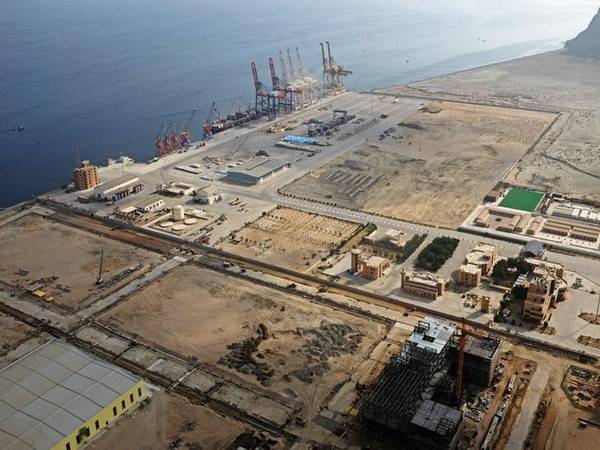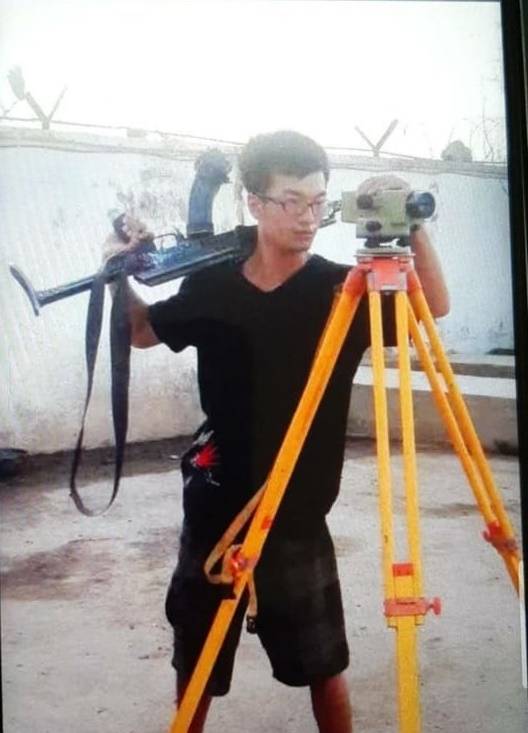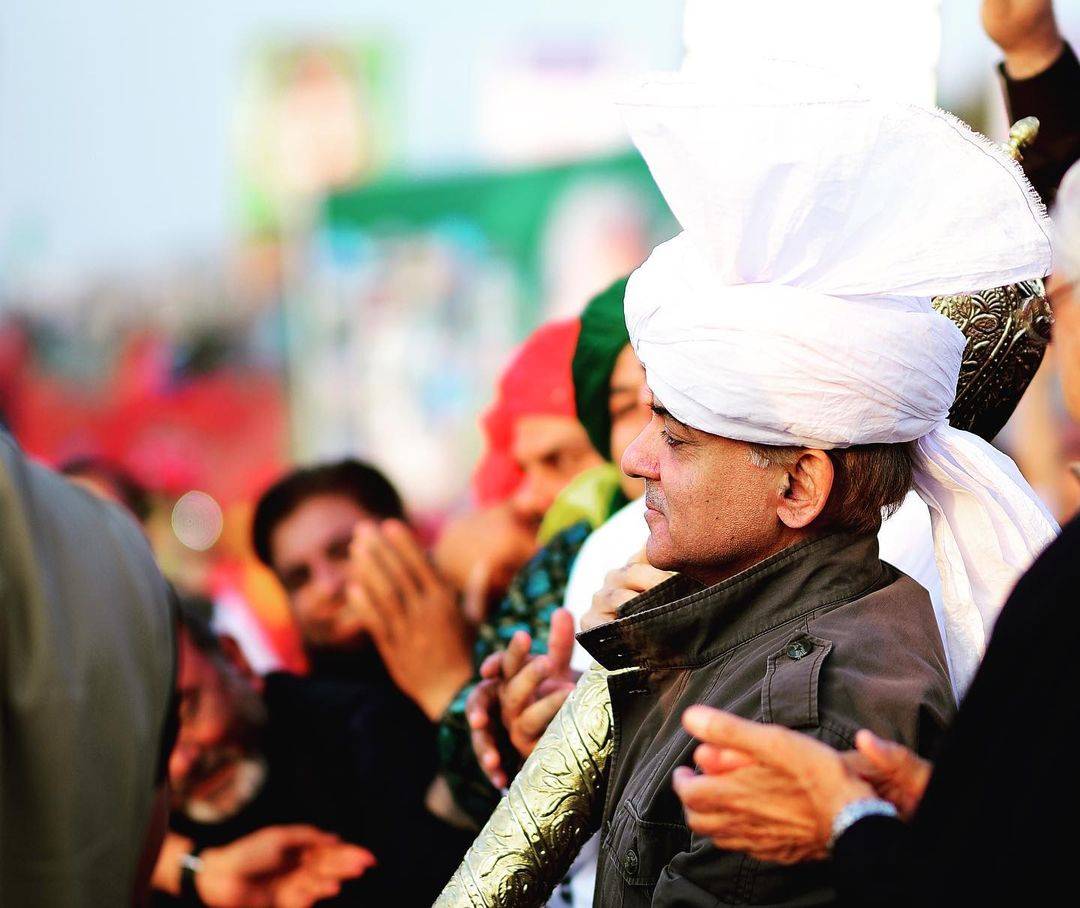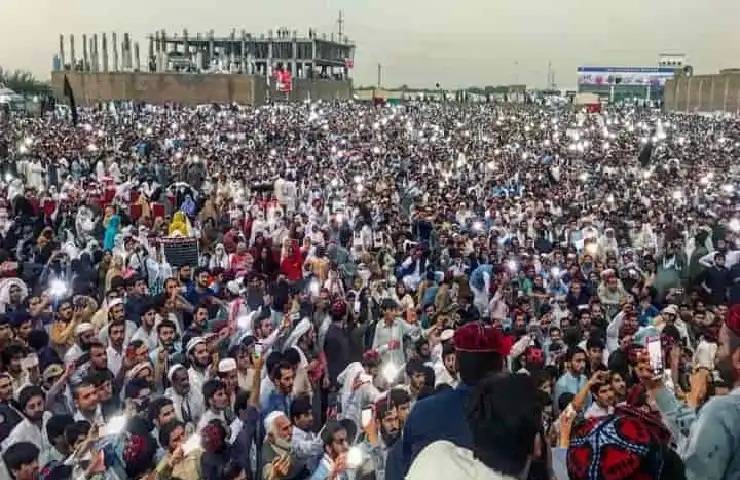The Hindu Kush Himalayan region is more sensitive to temperature increase than previously reckoned. The biggest challenge will be the emerging environmental issues due to the release of 36.5 million tons of Carbon Dioxide from the CPEC route. World Meteorological data reported increase of CO2 levels from 2020 to 2021 larger than the average annual growth rate over the last decade. The three road-corridors planned under CPEC would only add-on more CO2 emissions to the environment … writes Anasudhin Azeez
China-Pakistan Economic Corridor (CPEC), a 3000 km infrastructure network project which connects China’s northwest Xinjiang Autonomous Region and Gwadar Port in the western province of Balochistan in Pakistan, has immense strategic value for China to access to the Persian Gulf and the Arabian Sea from Gwadar Port, allowing a complete dominance over the Indian Ocean region. However, its devastating impact on the environment should be of significant concern not only to Pakistan but also to other countries. Currently, Pakistan ranks 7th most vulnerable country on the Global Climate Risk Index. For this, a brief Environmental Impact Assessment (EIA) of the micro-level needs to be carried out for mitigating long-term environmental damage to be caused by these large-scale projects under CPEC.
The Hindu Kush Himalayan region is more sensitive to temperature increase than previously reckoned. The biggest challenge will be the emerging environmental issues due to releasing 36.5 million tons of Carbon Dioxide from the CPEC route. World Meteorological data reported an increase in CO2 levels from 2020 to 2021 larger than the average annual growth rate over the last decade. The three road corridors planned under CPEC would only add-on more CO2 emissions to the environment. Experts have pointed out that the impact of transport and infrastructure development would be the cause of cardiovascular diseases, bronchitis problems, and other health disorders in the population of Pakistan.
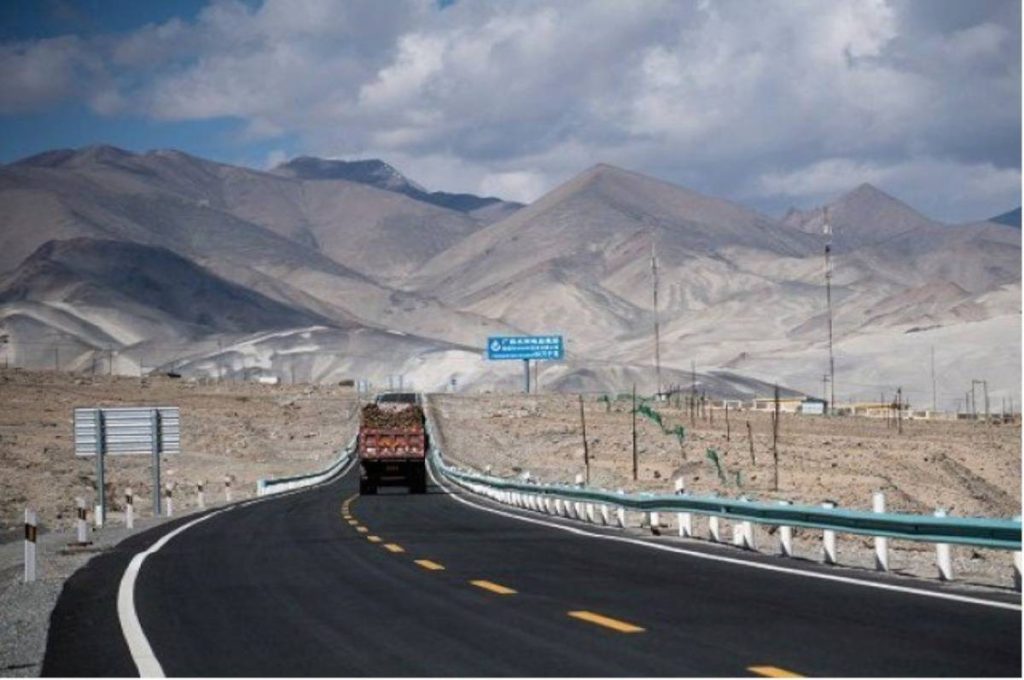
A bulk of the energy is planned to be produced by coal-fired power plants including, 660 MW at port Qasim, 660 MW at Sahiwal, and 300 MW at Gwadar. It will have a detrimental influence on glacier strength and severe flooding as we saw in Hasanabad city in Pakistan in May 2022.
The transport infrastructure development in Gilgit-Baltistan is leading to uncontrolled pollution and irreversible depletion of aquatic ecosystems, as this region holds large glaciers and water reserves. Global warming is evidently the main cause of the rise in global greenhouse gas emissions from human activities mainly due to deforestation, fossil-fuel burning, and land use.
Negative impacts on flora and fauna such as loss of habitat, species extension, less grass in pastures, more diseases in wild animals, pest attacks, and waterborne epidemics as it requires forest cutting are also foreseen. Apart from the above, experts also warn about other environmental impacts such as increased frequency and intensity of melting of glaciers, high turbidity in water bodies, heat waves, cold spells, droughts, cloud bursts, land sliding, water-borne epidemics, avalanches, heavy rainfalls, heavy snow falls, and lake-outburst floods due to the developments of CPEC road projects in Pakistan.
The long-term impacts of these mega projects need to be addressed on a priority basis as the destruction of traditional livelihoods, backyard dairy farms and small-scale fisheries are certain in Pakistan. In addition to that reports say that China is initiating work on mega-dams, oil and gas pipelines, and uranium and heavy metal extraction in this area.
Gradually, China has taken a geopolitical strategy by investing in Pakistani infrastructural growth to establish an economic corridor between China and Pakistan. According to the United Nations assessment of ozone depletion, the last eight years have been the warmest on record and the telltale signs and impacts of climate change have been dramatic with extreme heat waves, drought and devastating floods.
Transparency and accountability of the CPEC Project regarding energy, infrastructure, and transportation are the main aspects to be mulled over since these elements are important to accomplish environmental protection and sustainable development. This project is an essential component of the Belt and Road Initiative (BRI), the modern Silk Road project envisioned by Chinese President Xi Jinping, intended to create new production sites and trade routes to connect China better with the rest of the world. However, till the terms and conditions are not disclosed, one cannot predict the objective of the overall assessment and whether it could be potentially beneficial for the world or not!

